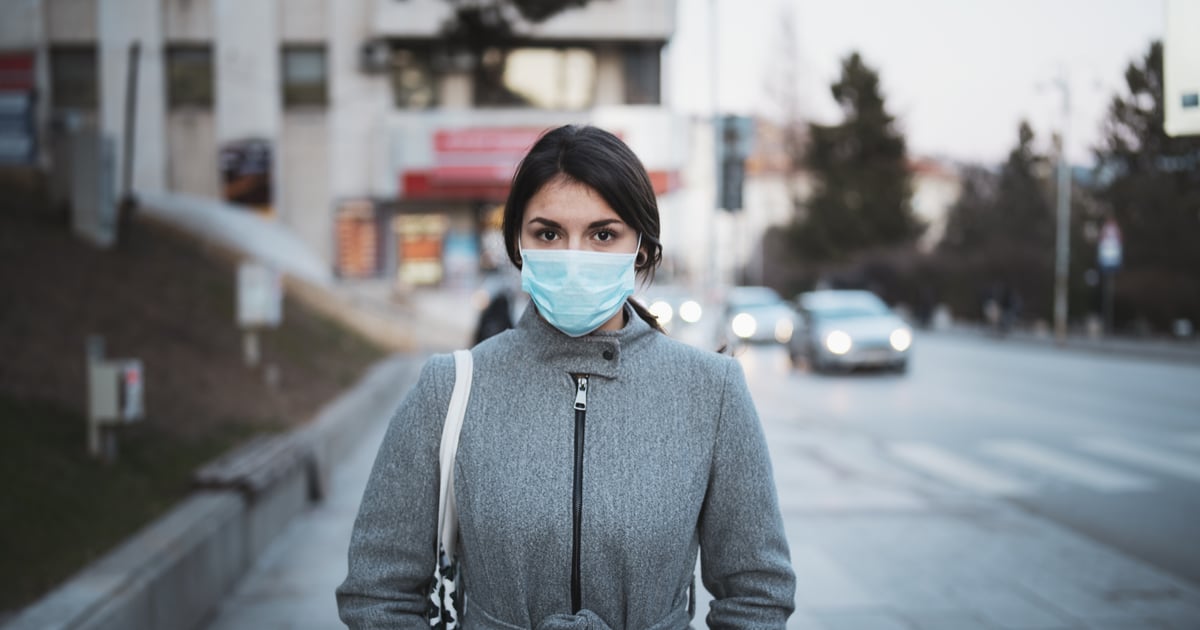
In the midst of the novel coronavirus outbreak, face masks have become a point of contention. The logic seems to make sense: you’d think that by covering your nose and mouth in public, you’d be more protected from infection. Experts say, however, that over-reliance on face masks may actually hinder broader efforts to fight the outbreak.
Coronavirus: Surgical Masks vs. N95 Respirators
First, it’s important to differentiate between the two types of face masks you see most commonly: surgical masks and N95 respirators. Surgical masks are thin paper masks that are intended to obstruct the flow of germs and pathogens from the wearer to the people around them (not the other way around).
N95 respirators, on the other hand, are thicker and typically intended for healthcare professionals, who are required to undergo training to ensure correct use. Currently, the CDC does not recommend that regular people wear N95 respirators and says that even healthcare providers should only wear them in medical settings.
Why Shouldn’t I Wear a Face Mask For Coronavirus?
N95 respirators are not recommended for public use. Though surgical masks are available for use outside of medical settings, their purpose isn’t to protect you from germs and pathogens in the air, but rather to prevent you from spreading infections to others. If you’re using a surgical face mask for self-protection, “the effect is likely to be modest,” said William Schaffner, MD, an infectious disease specialist at Vanderbilt University, in an interview with Live Science. The masks are thin and looser against your face, making it easier for particles to get in. For these reasons, the Center For Disease Control and the US Surgeon General currently do not recommend surgical face masks for healthy individuals.
As anxiety around coronavirus increases, another issue is the tendency to hoard face masks, said Aruna Subramanian, MD, an infectious disease doctor and clinical medical professor at Stanford. “We need them in the hospitals. We need them for healthcare providers,” she explained. Attempting to stock up on your own does not guarantee your safety, and more crucially, withholds the tool from people who are at higher risk of infection.
When Should I Wear a Face Mask For Coronavirus?
The World Health Organization currently recommends wearing a surgical face mask if you are experiencing the main symptoms of COVID-19, which include a fever, cough, and difficulty breathing. “You can wear a mask to prevent transmission to other people,” explained Dr. Subramanian. WHO also recommends wearing a face mask if you’re taking care of someone who may be infected. (Here’s more about coronavirus symptoms to look out for.)
Since a face mask doesn’t guarantee protection, it’s important that you take other safety measures regardless of your choice to wear one or not. Here’s what to do:
- Wash your hands often and for at least 20 seconds. Use soap and water or hand sanitizer that’s at least 60 percent alcohol (ethanol or isopropanol).
- Clean and disinfect frequently touched objects and surfaces using a disinfecting spray or wipe. (Here’s more on the types of cleaning supplies that fight coronavirus.)
- Avoid touching your nose, mouth, and eyes.
- Avoid close contact with people who are sick.
- If you decide to use a mask, follow proper usage protocol. Wash your hands before you put the mask on, avoid touching the front of the mask while you wear it, and discard it if it becomes hot or humid or once you’re done using it. (Ahead, watch a video on the correct way to wear and discard a surgical face mask according to WHO.)
While face masks do serve a purpose in medical environments and for people potentially exposed to the virus, they’re not the best way to prevent transmission and currently are not recommended for widespread use. There are more effective ways to protect yourself and others, such as washing your hands, disinfecting surfaces, and staying home when you feel sick. Here are more ways you can treat coronavirus and help to slow the outbreak.
